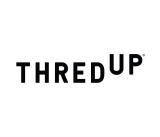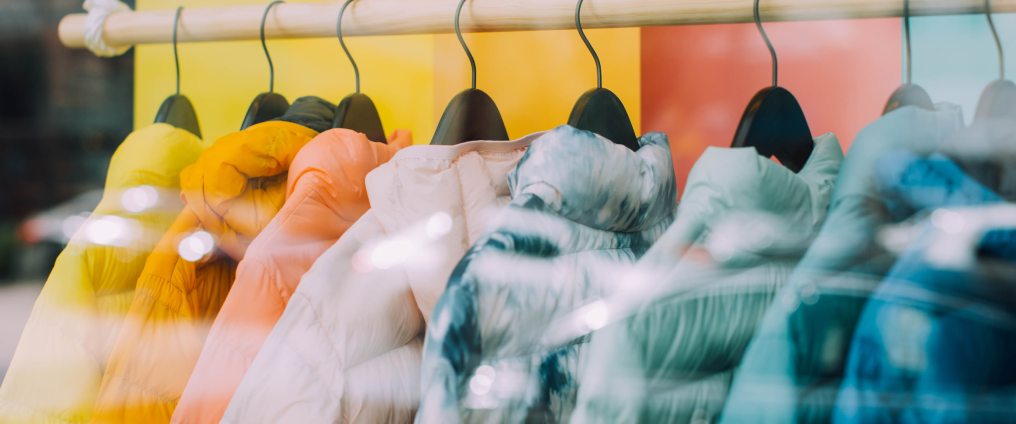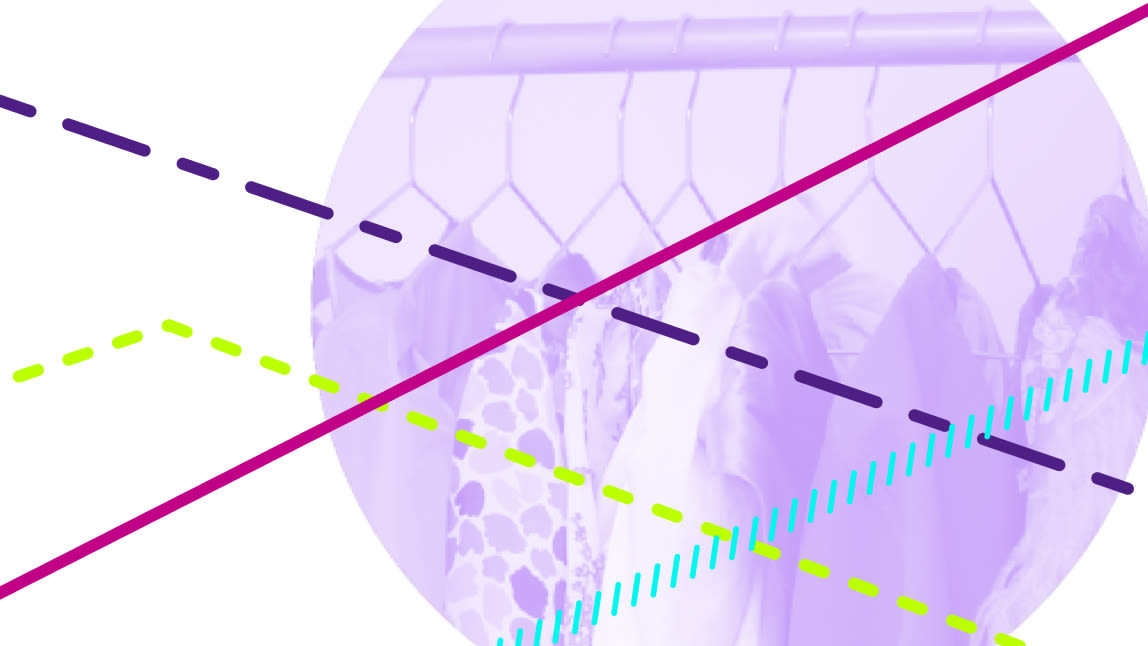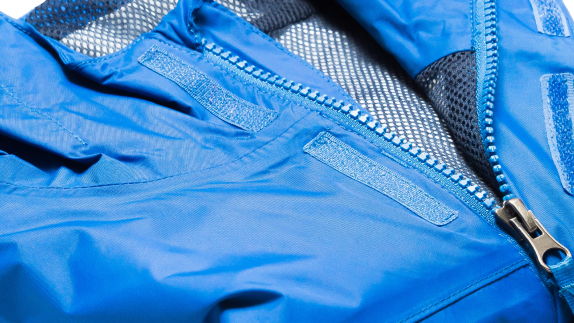
Through its managed marketplace, thredUP has created a smarter and easier way to buy and sell secondhand clothes.
What they do
thredUP has designed a modern resale experience on one of the largest online platforms for women’s and kids’ apparel. Through its managed marketplace, thredUP has created a smarter and easier way to buy and sell secondhand clothes.
thredUP sellers send in pre-loved clothes from any brand for free. thredUP then processes these items, carrying out quality inspection, itemisation, price analysis, storage and listing, so they can be resold.
thredUP buyers enjoy access to an ever-changing assortment of high-quality, low price clothes from more than 35,000 brands. In 2021, thredUP reached a valuation of more than USD 1 billion.
Why it’s an example of the circular economy
Keeping clothes in use for as long as possible is a central strategy of a circular economy for fashion. Analysis on the positive impact of re-commerce on the environment points to benefits across the whole spectrum of resources.
thredUP estimated that if everyone in the US bought one item used instead of new in 2020 it would save:
3.6Mts of CO2e (66M trees planted)
100 billion litres of water (1.25B showers)
200 million kilos of waste (18,700 full garbage trucks)
thredUP currently receives thousands of items per day, and has the capacity to process up to 100,000 daily, diverting clothes from landfill and back into use. The resale market, currently worth about USD9 billion is projected to increase to more than USD 47 billion by 2025. Resale’s projected growth is driven by more sellers putting great products into the market.
Between 2000 and 2015, the number of items of clothing sold each year more than doubled to about 100 billion units. At the same time, our New Textiles economy report showed, the number of times an item is worn (the ‘utilisation rate’) decreased by almost 40%.
In the US, clothes are only worn for around a quarter of the global average and some garments are only worn between seven and ten times. The result is that huge volumes of clothes are landfilled or incinerated each year, not only losing the material, but also the energy, water, nutrients, land and many other resources used to produce textiles and garments.
Low utilisation rates for clothes not only impacts the environment, but also the economy. Globally, customers lose USD 460 billion of value in the clothes they throw away. Circular fashion companies powered by digital technology are seizing the opportunity to capture some of this value.
How thredUP works
A managed resale marketplace (B2C)
Customers who want to sell their clothes get a free ‘Clean Out Kit’ with a prepaid label to thredUP. Once thredUP receives the items, it follows this process.
thredUP sorts the items, selects them and processes them to be resold - this includes photographing, evaluating and valuing each garment. Around 1,500 people process clothes six days a week across its network of distribution centres.
For items that sell on thredUP, sellers get cash, thredUP online credits, select partner credits, or charitable donation receipts.
thredUP doesn’t yet have the capacity to clean or repairrepairOperation by which a faulty or broken product or component is returned back to a usable state to fulfil its intended use. items so it follows a rigorous 12-point quality inspection to give shoppers a curated, high-quality resale experience that’s like shopping new.
Items that aren’t listed in the marketplace, either go to secondhand clothing shops (thrift stores) and textile recyclers. Sellers can also opt into thredUP’s Return Assurance service in order to have any unaccepted items returned to them for a flat fee.
Resale-as-a-Service for brands and retailers (B2B)
In 2018, thredUP extended its platform with Resale-as-a-Service (RaaS), which allows brands and retailers to plug into thredUP’s operating platform.The service is customised to each company, and comprises any or all of the following.
Clean Out Kit distribution
Brands can offer thredUP’s Clean Out Kits to customers who can send used clothes from any brand to thredUP and get paid in branded-store credit (for example,gift cards). An example is Gap x thredUP Clean Out Kits which allows Gap customers to get shopping credit for items that meet thredUP’s quality standards.
Cash out marketplace
Sellers can turn their thredUP credits into cash or vouchers from existing brand- thredUP partnerships (for example, Athleta or Reformation).
Resale shops
thredUP powers both in-store resale pop-ups of a brand’s merchandise in their physical store locations (for example, Madewell), as well as online resale shops where thredUP cross-lists inventory of secondhand items on their online platforms (for example, Walmart).
Worn/used returns
Brands accept the return of worn items that can’t be resold as new, and thredUP resells these worn products through its marketplace.
Benefits for consumers, brands and retailers
thredUP buyers and sellers can get access to brands they wouldn't otherwise be able to afford. They also earn money from clothes they no longer wear and feel good about reducing negative impacts on the environment.
As well as reducing the amount of clothes going to landfill, brands and retailers that integrate resale into their operations can boost revenues. According to the thredUP 2021 resale report, the value of the US re-commerce market was $36bn US in 2021 and is projected to double in the next five years reaching $77bn by 2025.
Retailers can also win new customers and encourage customer loyalty by:
offering vouchers through Clean Out Kits in partnership with thredUP
attracting younger demographics with lower price points
increasing their store or site traffic with the ability to constantly update their inventory and offer new products
thredUP posted $129.6 million in 2018 revenue, a figure that grew to $163.8 million in 2019 and $186 million in 2020, Market Watch reports.
Biodiversity benefits
Until September 2021, thredUP has processed 125 million unique secondhand items, avoiding the emission of about 500,000 tonnes of CO2e, saving over 16 billion litres of water,* and reducing other pressures on biodiversity associated with the manufacturing and disposal of garments.
* Assuming that there is 1:1 switching from buying brand new apparel to buying second-hand apparel from thredUP, and that the second-hand clothing sold by thredUP has 70% of its useful life still left.





